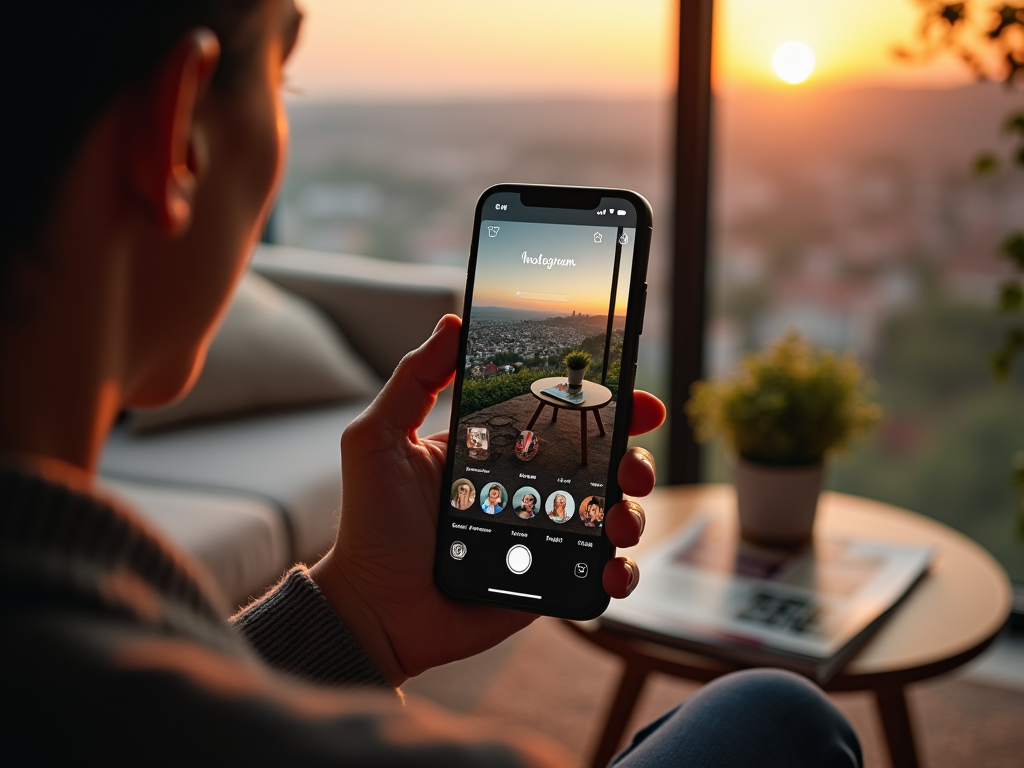You need to approach the choice of protection for the screen of your device responsibly, because this affects its safety and durability. A logical question arises: what is better for protecting the smartphone screen – hydrogel film or glass? In this article we will look at the main properties of each of these protection options and try to determine which one is preferable.
What is a hydrogel film?

To answer the question, what is a hydrogel film for phone and how it differs from glassit is necessary to consider its basic properties. Hydrogel film is an innovative material that is practically invisible on the screen and at the same time provides excellent protection against damage.
Main features of hydrogel film

- Transparency and touch sensitivity : Hydrogel films have a high degree of transparency and retain the original touch sensitivity of the screen.
- Durable and scratch resistant: They can protect the screen from everyday scratches and minor damage.
Advantages of using hydrogel film
- One of the most important questions is whether hydrogel film or protective glass for a smartphone is betterin terms of benefits. Hydrogel films are distinguished by their self-healing properties and flexibility, making them an excellent choice for smartphones with curved screens.
What is a screen protector?

The opposite option for screen protection is Safety glass is a more traditional and time-tested material, which also has its fans.
Key characteristics of safety glass
- Hardness and impact protection: Protective glass provides excellent screen protection from serious mechanical damage.
- Thickness and impact on phone design: Affects the appearance and tactile sensations of using a smartphone, but this is compensated by its durability.< /li>
Advantages of protective glass
- If you think about what protects your phone screen better – hydrogel film or glass, you should consider that protective glass is preferable for those who are looking for maximum protection against serious damage and are willing to sacrifice a little aesthetics for the sake of functionality.
Comparison of hydrogel film and protective glass
Let’s consider the main factors that will help consumers make choice in favor of one of the types of protection:
- Compatibility with various phone models
- Impact on touch screen functionality
Property comparison table:
| Characteristics | Hydrogel film | Protective glass |
|---|---|---|
| Protection level | Light scratches and impacts | Deep scratches and heavy impacts |
| Thickness | Thin< /td> | Thick |
| Visible on screen | Almost invisible | May be noticeable |
| Touch feeling | Keeps original feeling | Can change touch feeling |
| Recovery | Self-healing | No self-healing |
| Installation | Can be complicated | Relatively easy |
Continuing the topic of protecting the screen of your smartphone, let’s look at how hydrogel film and protective glass affect the functionality of the device. As already mentioned, hydrogel films preserve the sensitivity of the sensor as much as possible, which ensures original touch quality. Protective glass may slightly change the feel, but at the same time adds confidence in a higher level of protection from more significant impacts and falls.
Impact on image quality
Installing any additional layer on the screen can influence the quality of the displayed image. However, modern materials minimize these effects. The hydrogel film provides good color rendering and maintains screen brightness, while the protective glass may have a small effect on these parameters, especially if it has a tint or coating.
Damage resistance
Let’s talk about how good these protective accessories are in terms of resistance to real threats:
- Hydrogel film: Ideal for protecting against everyday minor scratches that can occur from contact with keys or coins in his pocket. It seems to “heal” small scratches over time.
- Protective glass: Able to withstand more significant impacts, for example, if the phone falls onto a hard surface with the screen facing down. By sacrificing thickness, glass provides reliable protection from deep damage.
Cost and availability on the market
When choosing between hydrogel film and protective glass, it is important to consider their cost.
- Hydrogel filmis usually available at a lower price, making it attractive to those who don’t want to spend a significant amount of money on screen protection.
- Protective glassmay be somewhat more expensive, especially if it is a product from a well-known brand with special coatings, including oleophobic or anti-reflective.
Conclusions
Ultimately, The choice between hydrogel film and protective glass for a phone depends on the user’s personal preferences, operating conditions and the required level of protection. If you’re looking for the most discreet protection possible and value touch comfort, you’ll likely appreciate hydrogel film. On the other hand, a protective glass will offer you more peace of mind about the safety of your screen, especially if you are often in situations where the device is at increased risk of being dropped or hit.
Frequently Asked Questions
Question 1: Will hydrogel film or glass affect touch screen sensitivity?
Both types of protection are designed to have minimal impact on screen sensitivity. The hydrogel film is almost invisible, while the protective glass may slightly change the tactile sensation.
Question 2: Will the screen break if I use the hydrogel film and the phone falls?
Hydrogel film is designed to protect against scratches and minor damage, but cannot guarantee complete protection against cracks when dropped. To protect against impacts, it is better to use protective glass.
Question 3: Is it possible to reinstall the hydrogel film if it is worn out?
Yes, the hydrogel film can be removed and replaced with a new one, if over time it loses its appearance or properties.
Question 4: How difficult is it to install safety glass yourself?
Due to its rigidity, safety glass is usually easy to install without bubbles and folds, and many users can perform this procedure themselves.
Question 5: Is the touch sensation of the screen reduced when using a screen protector?
Compared with hydrogel film, Protective glass may make the touch feel a little heavier due to its thickness, but modern glass makes this change almost imperceptible.



